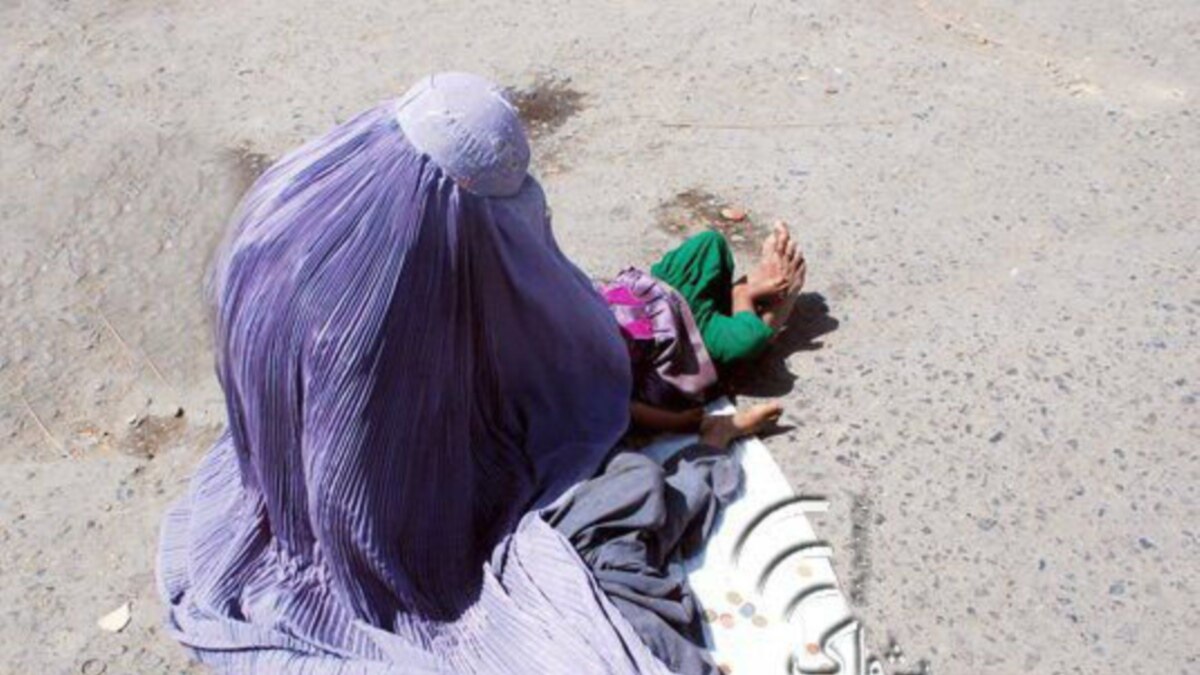Mullah Mohammad Hassan Akhund, the prime minister of the Islamic Emirate, in a cabinet meeting asked the Ministry of Labor and Social Affairs and the ICRC office to investigate the growing number of beggars in Kabul and to find solutions to address the issue.
According to Kabul residents, these days few roads can seen in the city without beggars.
“The cabinet of the Islamic Emirate of Afghanistan in its 31st session ordered various agencies to address the problem of poverty and unemployment, especially the increase in begging in Kabul. They were asked to present a comprehensive plan and implement it as soon as possible,” said Inamullah Samangani, a spokesman for the Islamic Emirate.
Saida, a 50-year-old woman, said she is begging to earn a piece of bread for her family of 11 members.
“I have seven children. My mother-in-law and father-in-law are living with me. We have no breadwinner and my sister-in-law also lives with us. She is disabled,” Sadia said.
“We have nothing at home. When I collect money from begging, I buy a piece of bread for my family. My sisters are starving,” said a child who is begging on a Kabul street.
Analysts said the main reason for the increase in the number of beggars is the rise in poverty in the country that occurred after the political changes last August.
“Households’ economic situation are moving toward absolute poverty, and the level of poverty is increasing,” said Shakir Yaghoubi, an analyst.
This comes as many private businesses have halted operations following the regime change in the country in August 2021.













